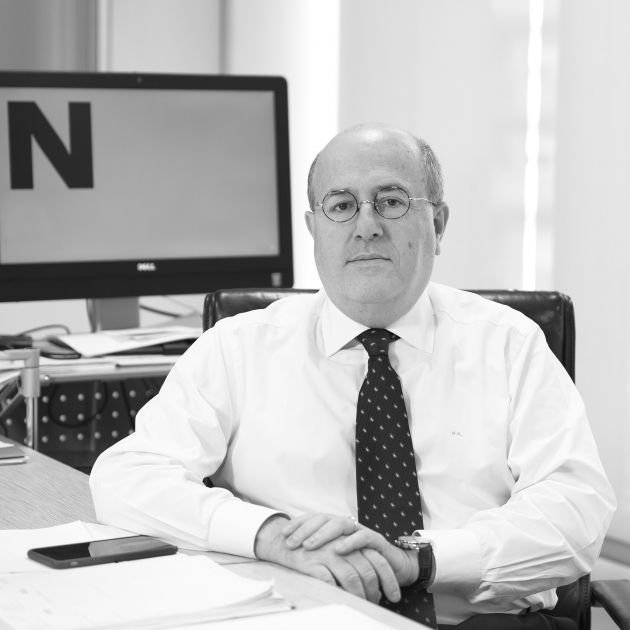PSOE has no choice: after the sentence in the Gürtel affair, it has to present an immediate motion of no-confidence in Mariano Rajoy's government. Pedro Sánchez, the PSOE secretary general with the lowest political profile in history and the most simplistic democratic tradition, is a lucky politician. Very lucky. With PSOE's voting intention poll results at their lowest ebb and without real options to get back on its feet, Sánchez has a new opportunity after, in a year, wasting all the political credit he got from his victory over Susana Díaz in his party's primaries. Nothing remains of that Sánchez who ran a very good campaign among the party's base and, in exchange, a simple politician has emerged, lacking political direction, incapable of weaving alliances and one who, in the case of Catalonia, has leant so far, but so far, towards PP and Ciudadanos, that the great majority of the time it's hard to tell them apart.
However, on the other hand, he's lucky, and that's not to be sniffed at. Podemos has opened the door to supporting him; Ciudadanos is doing the same as ever, feinting and feinting without knowing how the match will end; knowing, that is, that PP's fall is his great opportunity for an irreversible transfer of votes between the two parties. The pro-independence parties could end up holding the key and between the greater evil, Sánchez, and the much greater evil, Rajoy, they could end up offering the votes needed. And the EAJ? Oh, the EAJ! With his budget passed in the Congress, everything could change with the motion of no-confidence to move Rajoy out of the way. If Rajoy falls, does anyone doubt that the PP, which has an absolute majority in the Senate, will support the state's current accounts?
The Gürtel sentence, which has had devastating consequences for the PP as an organisation, is now going to tear right open its ability to resist a sudden attack given the decisiveness of the court's findings which, besides tough sentences against Luis Bárcenas, his wife Rosalía Iglesias, Francisco Correa and a whole list of PP leaders, directly accuses the conservative party of illegal financial gains.
Not even its normal use of the Catalan case file, mobilising hundreds of police from Madrid, for a case which has crawled on for several years, related to alleged irregular subsidies, had enough weight to compete. It will be because after using the same system so often, it works less every time. And even though, in the beginning, Madrid had brought out the big guns: the arrests were to do with diverting 10 million euros for the independence process and the list of detainees included a parliamentary deputy who was, moreover, a friend of the president of Catalonia, Quim Torra. As time went by, this theory vanished as if by magic, there was no deputy held and everything was much less important. But the effect had already been achieved. Until the Gürtel bombshell swept everything else away.
